Feb 19, 2021
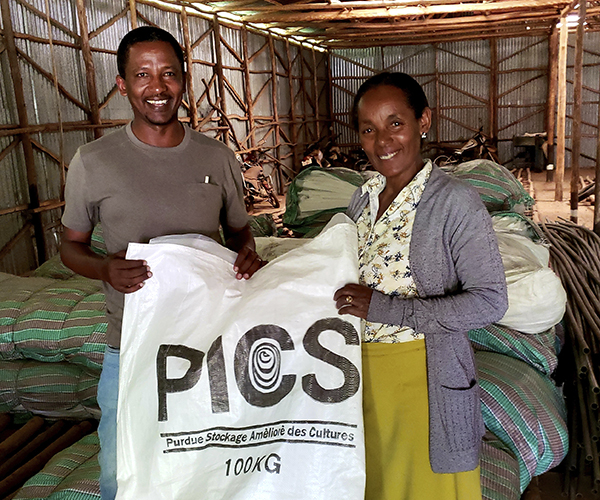
PICS bags are constructed of two polyethylene liners and a third layer made from woven polypropylene. A full bag weighs up to 100 kg – and is reusable.
In the spring of 2020, the Gay Lea Foundation funded a unique project designed to provide long-term sustainable solutions to improve the health and wellness of entire communities in rural Ethiopia, where poverty and food insecurity is widespread. Called the “Innovative Solutions Project”, the initiative was led by Tearfund Canada, a Canadian organization that works with local agencies in Africa and Asia to deliver aid, equip local leaders and train indigenous people to lead in the implementation and facilitation of their own development. Over the previous five years, Tearfund had worked with the local Terepeza Development Association (TDA) in Ethiopia to train more than 11,000 small-holder farmers in conservation agriculture, equipping them with the knowledge and techniques to farm more resilient and productive crops in the drought conditions that regularly plague Ethiopian farmers. The initiative was a resounding success, with farmers experiencing 75 to 250 per cent increases in their yields in the first year and increases of up to 700 per cent by year three! This is significant as the average household in Ethiopia is only 1-2 acres of farmland. Despite the success of increased yields, however, the farmers continued to face two big challenges.
The Innovative Solutions Project was designed as a direct response to the recent agricultural success among the farmers in southern Ethiopia. Its goal was to facilitate the formation of multiple farmer co-op groups which would be provided with low-cost grain storage bags and training on strategic marketing practices, business skill development and networking to increase their profit margins. Ten months after an $18,000 donation from the Gay Lea Foundation, Tearfund Canada reports that they’ve seen even better than anticipated results from the project. As a direct result of the grant from the Gay Lea Foundation, Tearfund Canada was able to successfully facilitate the formation of 20 farmer co-op groups in Southern Ethiopia comprised of 523 farmers (402 men and 121 women). The co-ops were given access to low-cost grain storage bags known as “PICS bags”, which drastically minimize post-harvest loss, and – despite an initial two-month delay wrought by COVID-19 – were trained on innovative market practices such as gross margin analysis, price calendars, market maps and collaboration training. The results have been inspiring.
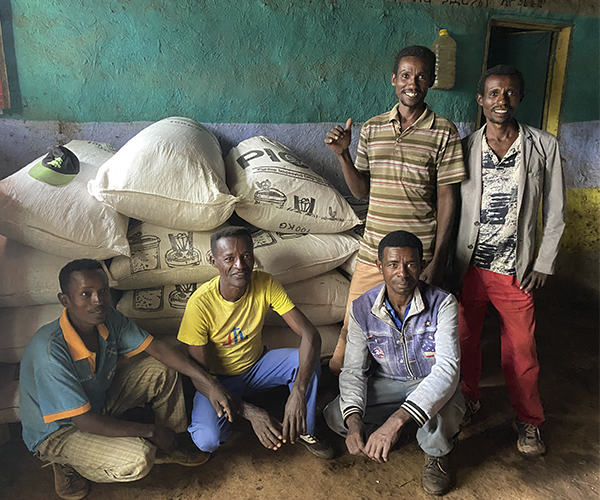
Local farmers from one of the co-op group show how much grain they have collected together and stored in PICS Bags. The concept of selling their crop in bulk as a group was new to the farmers, requiring a challenge to community norms.
Equipped with their new skills, the rural farmers have been able to reach new heights by harvesting their crops at the right time, properly drying and storing their yields in the hermetically sealed PICS bags, and implementing price calendar strategies to sell their crops, as a group, at optimal times. Working together, the farmers saw up to a 28 per cent increase in profits in the four months following their maize harvest – money that goes straight to sending children to school, improving food intake, providing medical care, and improving housing. The project also resulted in an additional unexpected positive outcome, as 289 Self-Help Savings Groups (formed through a separate Tearfund and Canadian Foodgrains Bank project in the region) expressed an interest in receiving the market training. These groups, averaging around 17, primarily female members each, saw a new opportunity for income generation and purchased PICS bags from their own savings funds. They encouraged communities to adopt the new PICS technology, sold the bags to community members and trained farmers on proper storage methods. The Innovative Solutions Project exploded through the Self-Help Savings Groups, creating a retail revolution and an additional income generating activity – an unforeseen outcome of the grant from the Gay Lea Foundation! Unexpectedly, the women’s Self-Help Savings Groups also took the initiative to go into the grain trading business, buying grain directly from farmers, storing it in PICS bags and re-selling it several months later at a profit. “Thank you, Gay Lea Foundation!” said Roshani Morton, Partnership Director at Tearfund Canada. “Your investment has empowered these farmers and given them long-term sustainable solutions to increase their food security and autonomy and improve the health and wellness of entire communities.” Tearfund expects the impact of the donation to continue into future harvesting and planting seasons, as the PICS bags are reusable and the co-ops and self-help groups are self-managed, requiring no further need for training or investment.
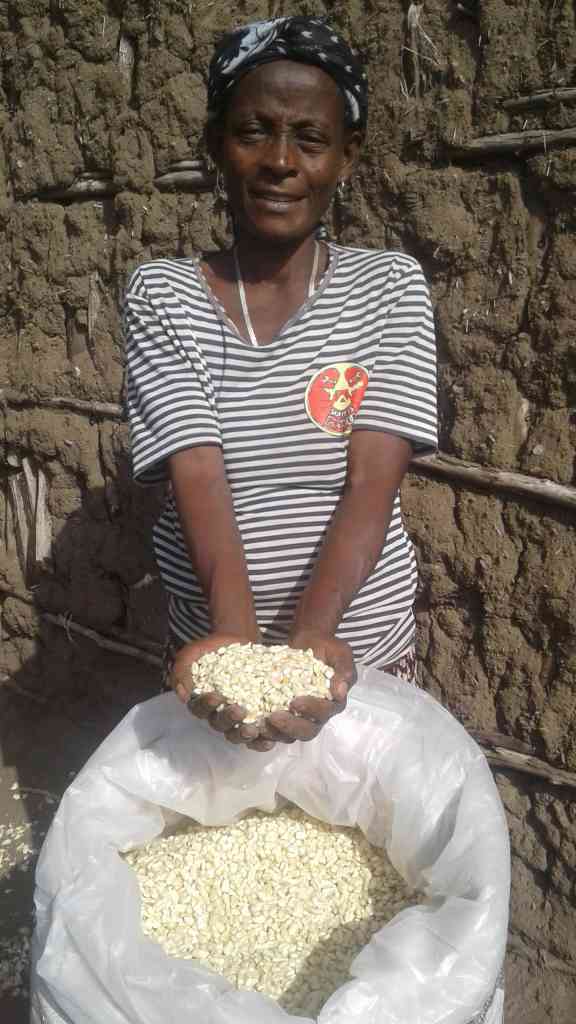
Asnakech shows off her incredible harvest which has been safely stored in her PICS Bags until she is ready to sell in the market for higher profits.
PROFILE: Set Free from Generations of Poverty Asnakech Gaushe is a 47-year-old farmer from the small Shoma village in Wolaita zone, Southern Ethiopia. She, with her large family, had been known for chronic food insecurity and dependence on the government’s Productive Safety Net Program (PSNP) or welfare food assistance handouts. Although Asnakech possesses two acres of land, it hardly yielded enough food to feed her family. She grew maize, pigeon pea, sorghum, haricot bean, and sometimes peppers as crops. “When there was good rain, I could feed my family for three months. For the rest of the nine months, I struggled to provide food to my family and send my seven children to school.” Asnakech received conservation agriculture training in July of 2018 from Tearfund’s partner TDA in Ethiopia and began implementing the techniques despite the reluctant support of her husband. Asnakech and her children collected materials for mulching, covering the soil, digging planting stations, applying inputs, and weeding. They witnessed that conservation agriculture required less labour than conventional farming, making it easier for Asnakech as a busy mother to dedicate time in her fields. She planted maize and intercropped with pumpkin and lablab. The harvest was amazing – 550 kg of maize, 60kg of lablab beans, and 200 heads of pumpkin! It was almost triple what she had ever harvested. In the second year, she expanded the size of her CA plot to 2,500 m2 (¾ of an acre) and planted maize intercropping with pigeon pea and pumpkin. She got an amazing harvest from all the crops: 1,200 kg from maize, 250 kg from pigeon pea and 205 heads of pumpkin. The harvest enabled her to provide adequate and diversified food to her family for 10 months. But she had a problem – before receiving the innovative market strategies training, it was almost impossible for Asnakech to preserve her grains for more than three months, even if she had had a good harvest. She lacked the ability to protect her grains from insects and pests. Asnakech was a part of the self-help group called “Lemlem” that received the market aggregate training. Their group consists of 22 women. Each was saving about 20 cents weekly. Together, they began to aggregate pigeon peas from their own production and bought more from surrounding villages using their groups’ own capital. This project became their group business and Asnakech is one of the leaders. In early 2020, Asnakech purchased PICS bags from her Self-Help Savings Group to store her maize harvest. She wanted to sell some to cover household costs and store the rest for food. Asnakech has been set free from generational poverty by her own efforts with the help of simple PICS bags. Asnakech was able to pay for her children’s school fees, buy school materials and purchase medication for her family members. Asnakech is no longer receiving food handouts from the PSNP but is, in fact, giving food to her struggling neighbours. She shared with Tearfund that her dignity and sense of pride has returned! About Tearfund Canada Tearfund Canada works across Africa and Asia to provide emergency assistance to victims of disaster or humanitarian crisis and meet the needs of those living in poverty. Working through a network of local agencies, they strive to equip local leaders and train indigenous people to lead the implementation and facilitation of their own development through integrated programs and emergency intervention, income generation through village-led savings groups, agricultural training and primary health care programs. They also deliver food and food security programs through their membership in the Canadian Foodgrains Bank.

Nov 3, 2025
Gay Lea Foods Co-operative Limited (“Gay Lea Foods”) today announced it has received the PRISM Certified designation from Imagine Canada, recognizing the Canadian dairy co-operative’s commitment to...
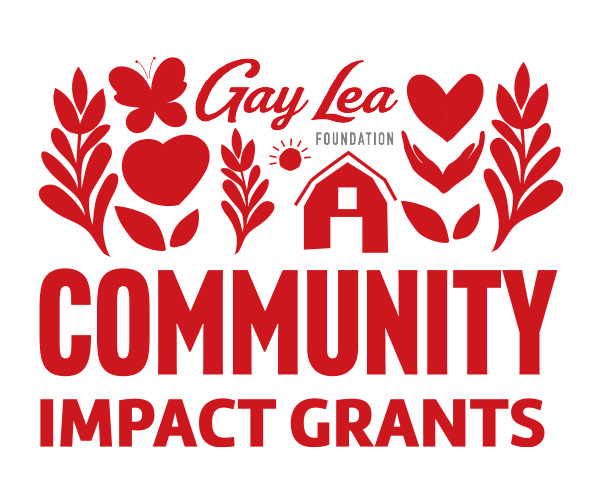
Oct 21, 2025
As co-operatives recognize Co-op Week and the United Nations’ International Year of Co-operatives, the Gay Lea Foundation is proud to announce the recipients of its fall 2025 charitable grants.
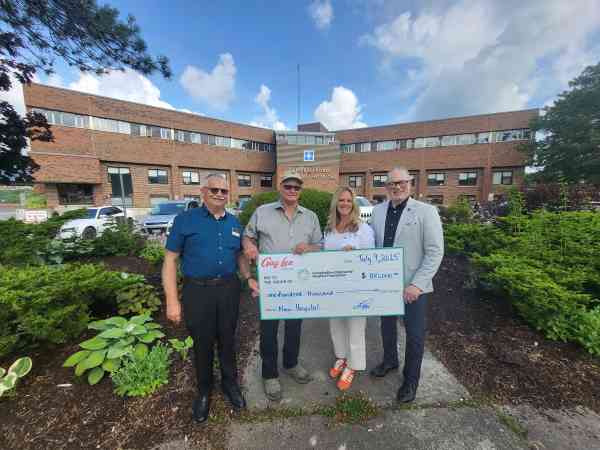
Jun 2, 2025
Spring 2025 grants announced to support health, agriculture, and community well-being projects across Canada and internationally
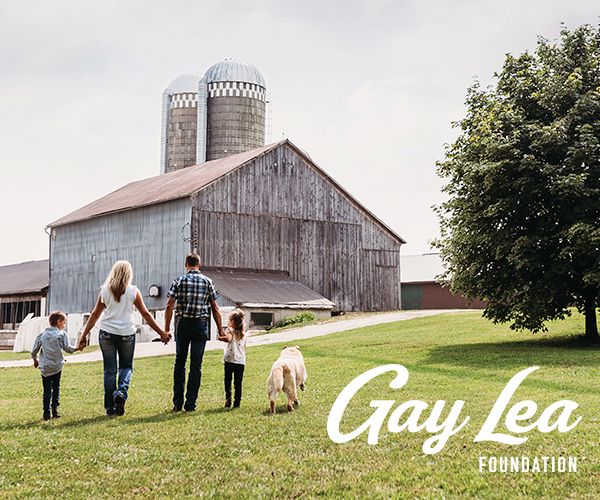
Feb 12, 2025
The Gay Lea Foundation today announced applications are now open for its Community Impact Grants program, supporting initiatives in education, health, wellness, poverty relief and sustainable agriculture...